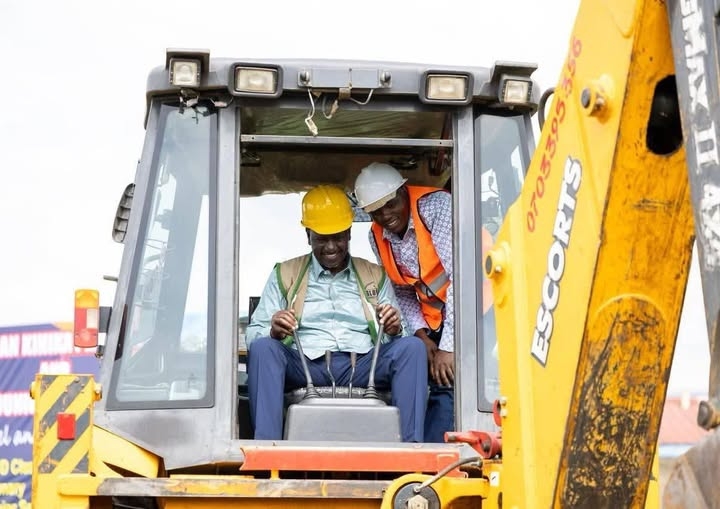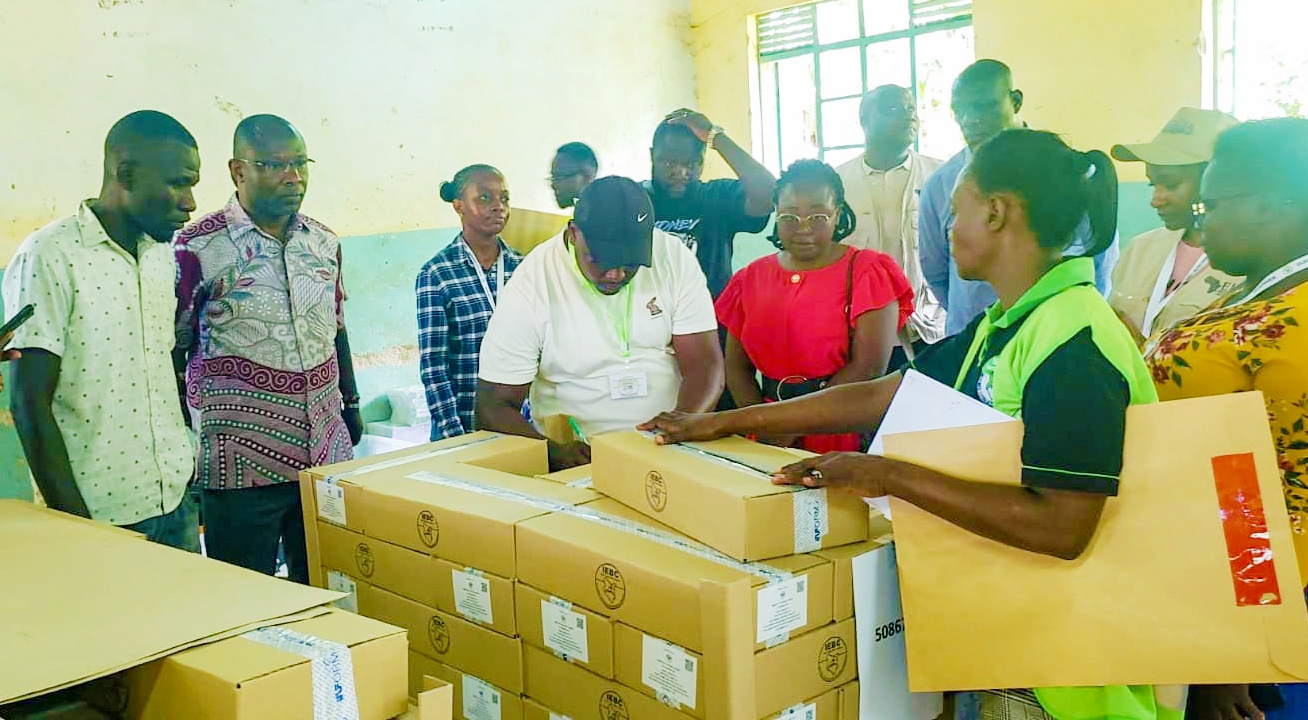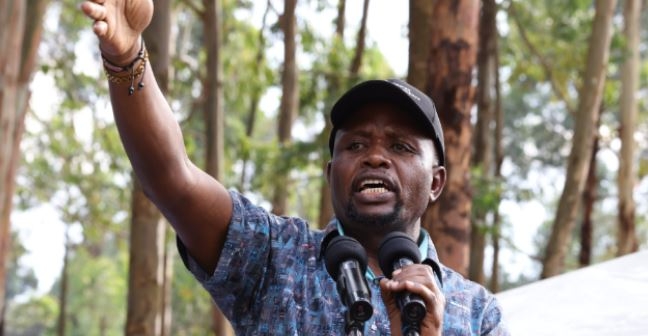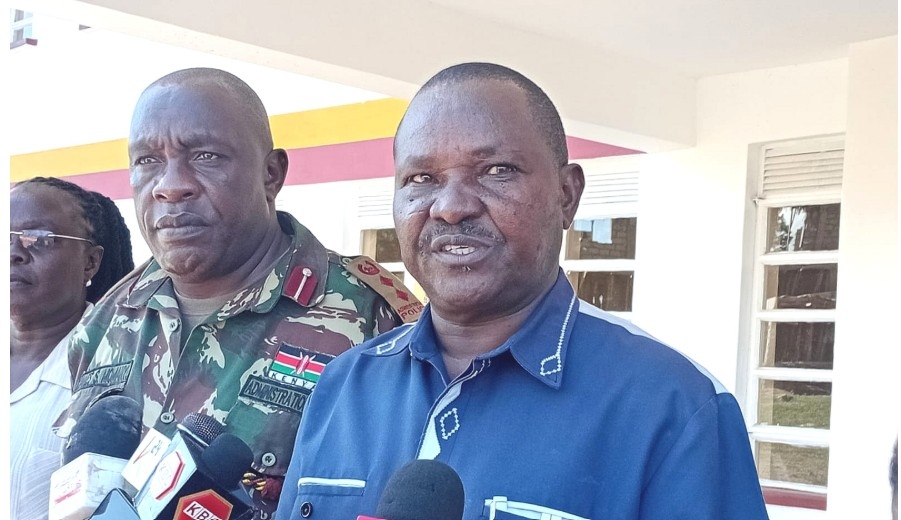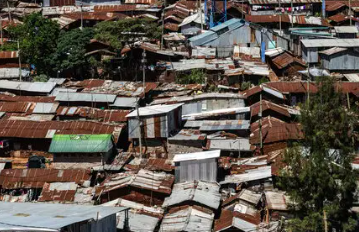
IN the dark corners of just about every developing country, you will find a slum or two.
These are residential areas with little or no regular water supply; little or no electricity; no wide access roads; but above all (in Kenya anyway) no sanitation.
And the residential units themselves are intrinsically temporary, being made of sticks, mud, cardboard, and rusting metal sheets. Some slums are better than others, of course.
And what may be de ned as a slum will vary from country to country. If you look at a photo of a Brazilian favela for example, you will wish you were able to drag that photographer by the collar all the way to Kenya, to show them what a real slum looks like.
But here is the main point about slums as applied to politics: they are the one part of any developing country’s cities, where you will find a mass of humanity densely packed in a relatively small area.
And so when we turn to politics, we would say that it is in a slum where there are a lot of votes to be found, for any citywide political campaign, or even any presidential campaign.
Which explains why with every election cycle, one of the standard promises made by just about every major candidate, is that there will be “slum upgrading” once the candidate is safely in high office.
So why is it that up to the present, we do not have even one example of a successful slum grading project of a measurable scale?
Roads are built through slum areas; water pipelines are laid out or boreholes drilled; even “last mile” power lines are sometimes built; and yet the population of Kenyans living in slums remains stubbornly high. Why is this? Well, the most convincing explanation I have read on this subject boils it down to just two factors.
First, that any attempt to “upgrade” slums, is – by definition – a focus on the symptom (poor people living in deplorable conditions) rather than the foundational cause (the widespread existence of abject poverty within a country).
So long as there exists overwhelming agrarian destitution in the rural areas, leading many to come to the urban centres in search of economic opportunity; and so long as there are poor people in the urban centres whose entire families live on about Sh200 a day; slum landlords will not lack for tenants.
Second is that if modern apartment blocks are indeed built next to the slums and offered specifically to those living in that nearby slum, these slum residents are more likely to see these apartments as an economic opportunity than a place for them to live.
One aspect of the psychology of those reduced to living in slums, is that they are surprisingly far-sighted in their planning.
The adult who heads the slum family, does not usually expect to rise to a better life through their own immediate and direct effort. What they focus on is educating one or more of their older children to a level where they have acquired marketable skills and can get a reasonably well-paying job.
It is that well-educated son or daughter who is then expected to help lift the family out of poverty, and to support the education of their younger siblings.
Given such a psychology, the head of the family would rather remain in the slum and rent out their allotted apartment as an additional income stream, than live in such splendour, and have the child who is “the light of the family” sent home for school fees.
It is truly inspiring that people who cannot be certain from one day to another whether or not their families will have any food to eat, will all the same be sacrificing and dreaming of a better future 10 years hence. But be that as it may – and all things considered – reducing the net population of any given slum is never easy.
And as long as these people living in slums remain desperately poor, they are relatively easy to control, provided the political candidate who wants their support has lots of money to dish out during the political campaigns.
Wycliffe Muga is a columnist



